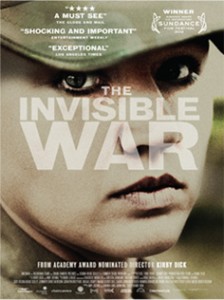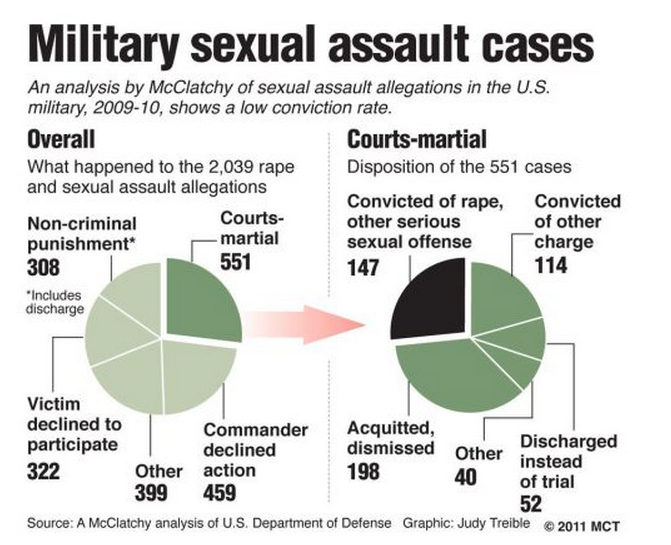Documentary filmmakers are at the forefront of telling stories that help change the world. When the U.S. Congress held hearings on the sexual assault of women in the military, many people pointed to the documentary “Invisible War,” as a powerful mechanism that helped galvanize attention on this issue and support for the hearings. Indeed, one account speculated that this one film “might change everything” about sexual assault in the military.
Indeed, if you look at the website for this film, you’ll find that the filmmakers see the documentary as one component in a larger movement, working to “end sexual assault within the U.S. military and to help survivors of Military Sexual Assault heal.” Their strategy for doing this is to combine research with policy advocacy and good, old-fashioned movement building, augmented by a documentary film and social media campaign.
(From Not Invisible: Policy)
This kind of innovative documentary, informed by research, and connected to a social media campaign and focusing on policy change is a 21st century model for how scholars, activists and media-makers can work together for social justice.
On Fridays in our series on scholarly communication, we’ll focus on documentaries as examples of art, activism, scholarship and key components of social justice campaigns in the digital era.




